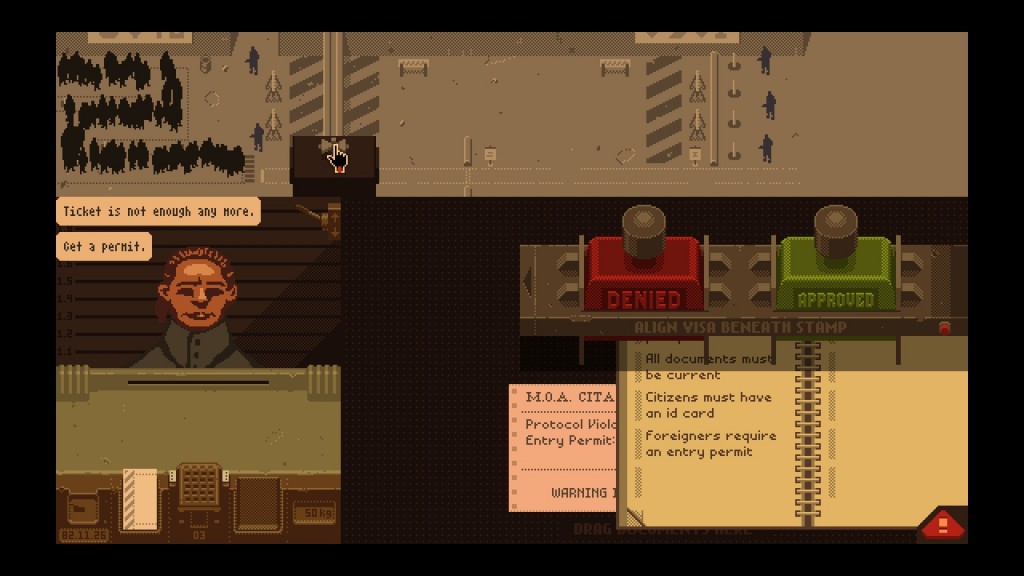 As promised, here is my list! As with last year, I’ve highlighted noteworthy achievements, as opposed to trying to single out favourites (so you will see some that I thought were more interesting than fun). I’ll kick off with what I thought were the year’s overarching themes:
As promised, here is my list! As with last year, I’ve highlighted noteworthy achievements, as opposed to trying to single out favourites (so you will see some that I thought were more interesting than fun). I’ll kick off with what I thought were the year’s overarching themes:
Theme of the year I: march of the small games. Every year has its notable short and/or cheap indie games, such as FTL in 2012, and in 2013 these included Skulls of the Shogun, Brothers: A Tale of Two Sons, Papers: Please, and Gone Home. However, the year also saw a large publisher, Ubisoft, throw its hat into the ring with Call of Juarez: Gunslinger and Far Cry 3: Blood Dragon. Ubisoft is set to continue this trend with Child of Light, and it’ll be interesting to see the extent to which other publishers follow – especially after Tomb Raider missed Square Enix’s expectations, sparking the latest bout of soul-searching about the future of AAA games.
Theme of the year II: iteration. In 2012, my favourite games (XCOM, Wargame: European Escalation, Analogue: A Hate Story), as well as other notable titles (FTL, Journey) were all quite novel. Even XCOM, while thematically faithful to the 1994 original, was mechanically unique. 2013, though, was more like 2011 in its preponderance of evolutionary rather than revolutionary games, from the big end of town (Assassin’s Creed IV) to the little guys (Dominions 4), plus expansion packs (Civilization V: Brave New World, XCOM: Enemy Within). That said, we’ll see exceptions below.
